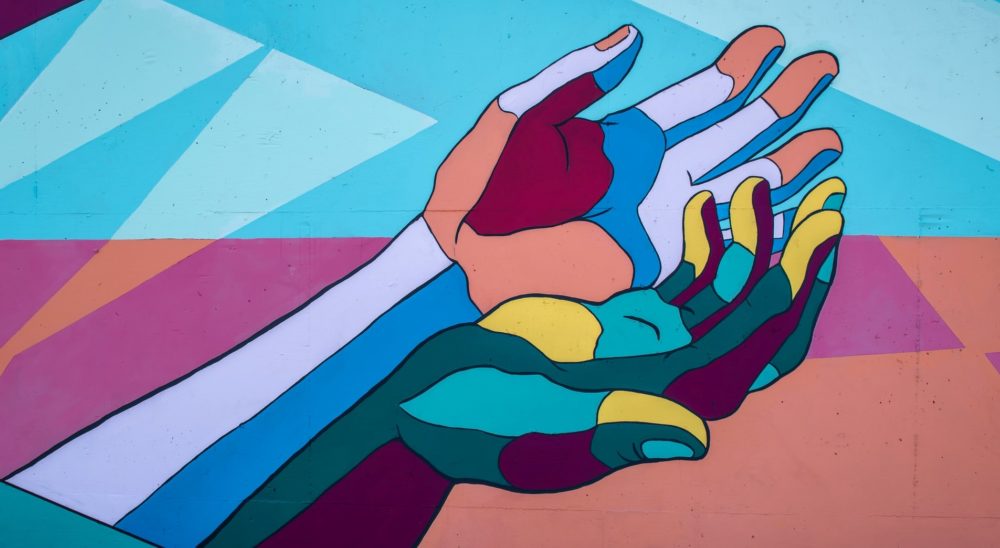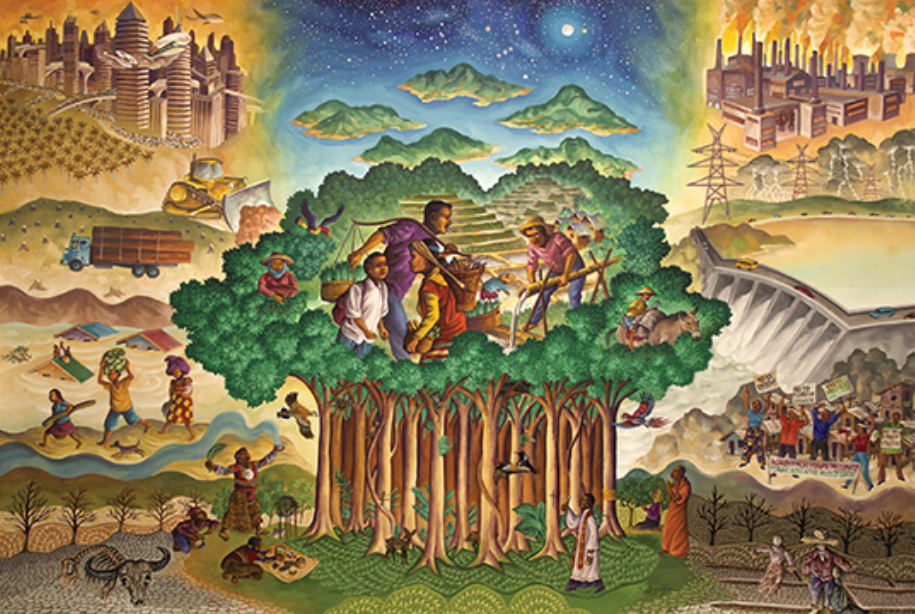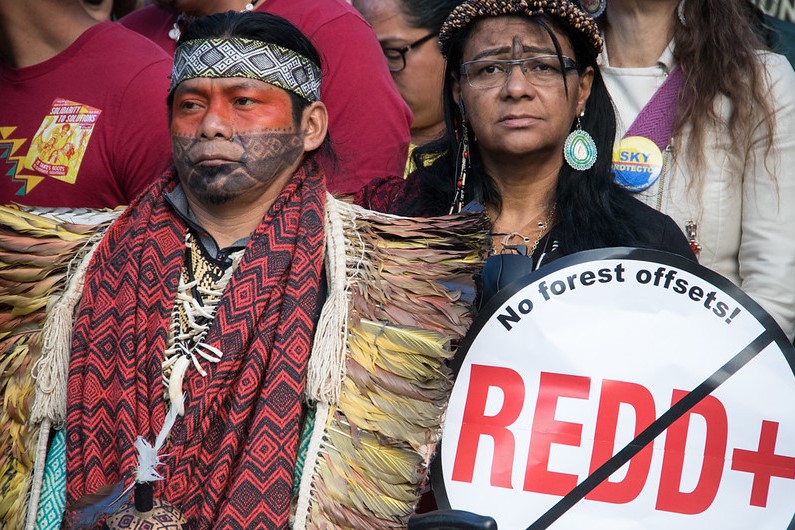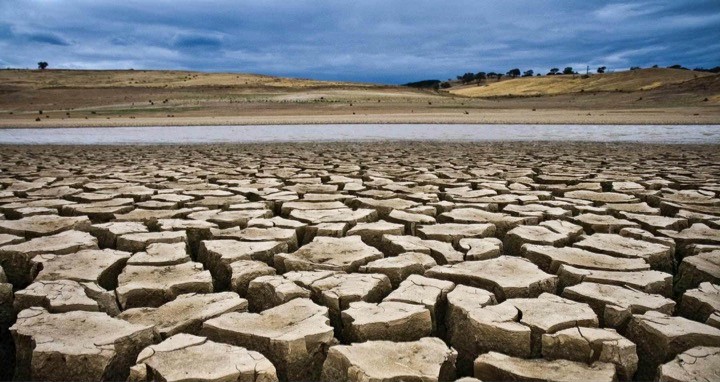By Simon Mair
What is the economy? Speaking to the NGO Our Economy, one interviewee described the economy as “a giant blob or mass that feels like it has its own consciousness.” In popular and academic discussion of the economy it can seem like we’re talking about a child or pet that we have to nurture. The economy is often portrayed as self-aware entity, something separate from but dependent on us. What will happen to “the economy” because of the coronavirus? Have we “sacrificed” the economy to save lives? Continue reading “COVID-19 and the Economic Stories of our Time”




